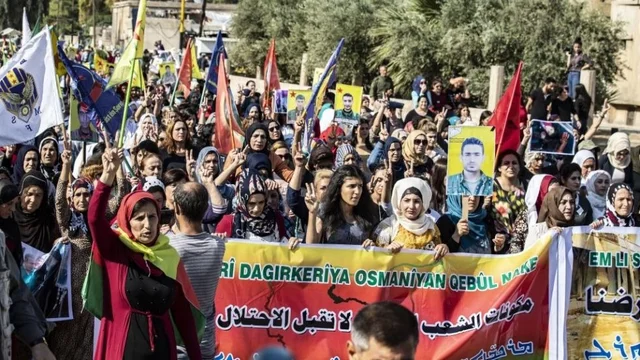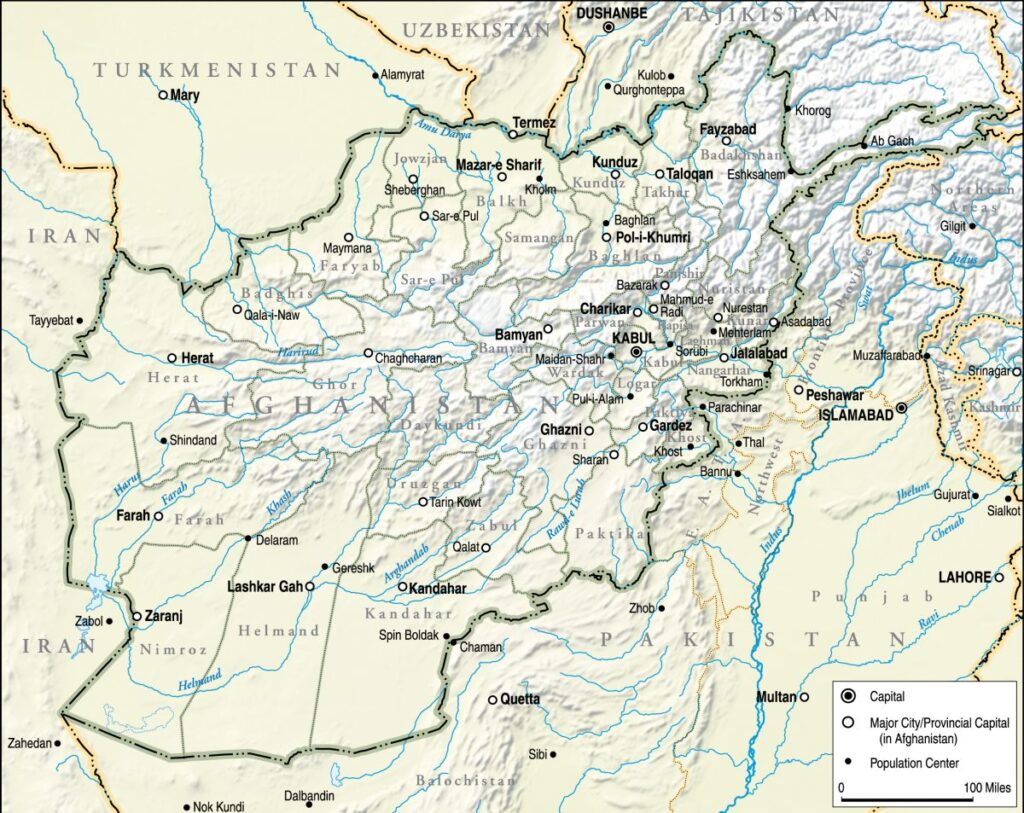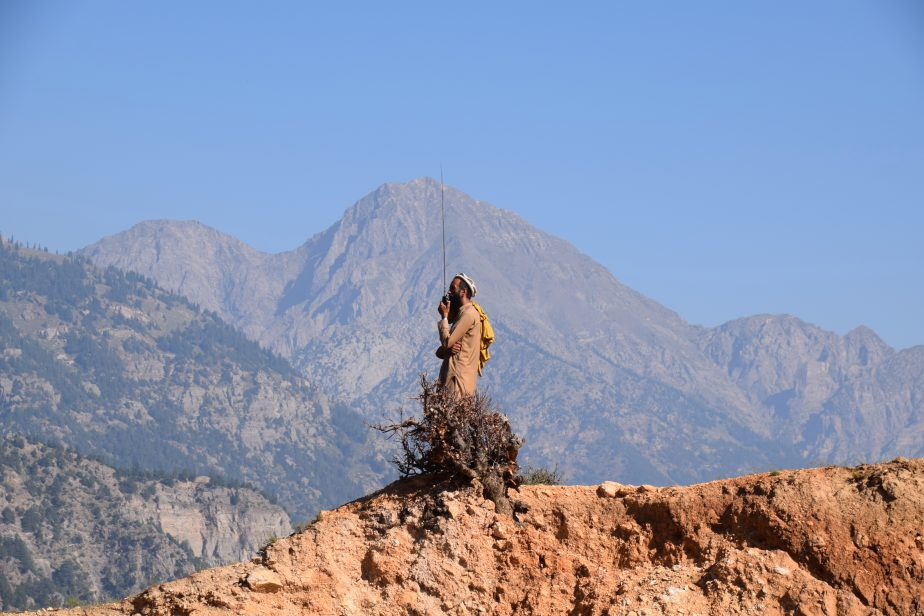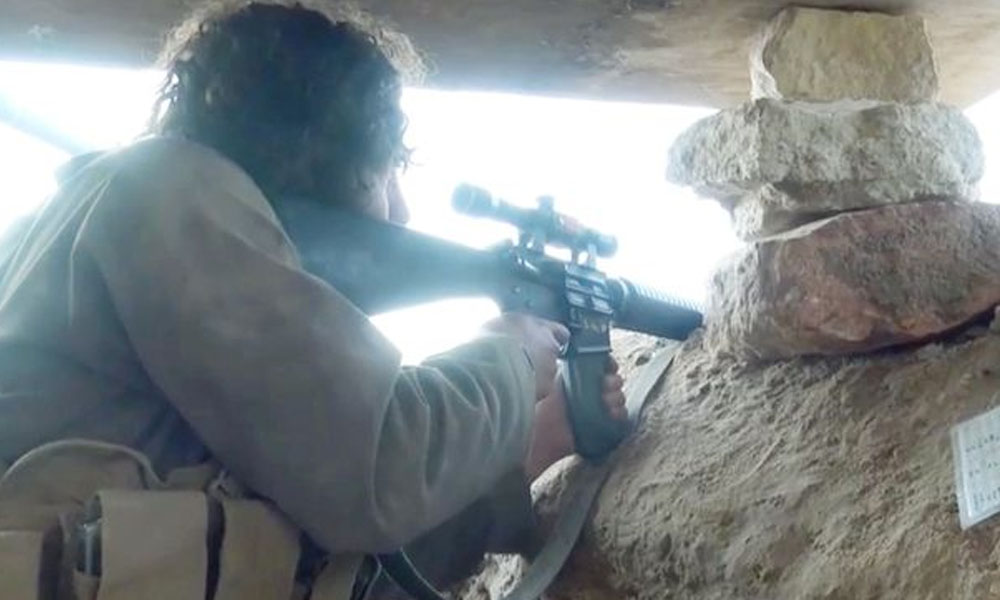Pakistan: TTP And Insidious Intent – Analysis
On October 20, 2021, two soldiers and two Police officers were killed when their vehicle was blown up by a roadside bomb near the Pakistan-Afghanistan border, in the Bajaur District of Khyber Pakhtunkhwa (KP). The Tehreek-e-Taliban Pakistan (TTP) claimed responsibility for the attack.
On September 30, 2021, two persons, including a Pakistan Army Captain and a TTP ‘commander’ Khawaza Din aka Sher Khan were killed during an Intelligence-Based Operation (IBO) in the Tank District of KP. According to the Inter-Services Public Relations (ISPR), after receiving information about the presence of TTP terrorists in the area, the Security Forces (SFs) were conducting an operation.




